9 Players Who Were Surprisingly Snubbed for World Cup Selection in the Last 20 Years
2014 World Cup final goalscorer Mario Gotze won’t be at the tournament this year after being overlooked for selection by Germany, neither will Spain trio Cesc Fabregas, Alvaro Morata or Hector Bellerin, while Radja Nainggolan has already retired from international football following his World Cup snub by Belgium coach Roberto Martinez.
These players aren’t exactly alone either.
Here’s a look back at nine players from the last 20 years whose omission from their country’s World Cup squads came as something of a shock…
9. Ally McCoist – Scotland (1998)
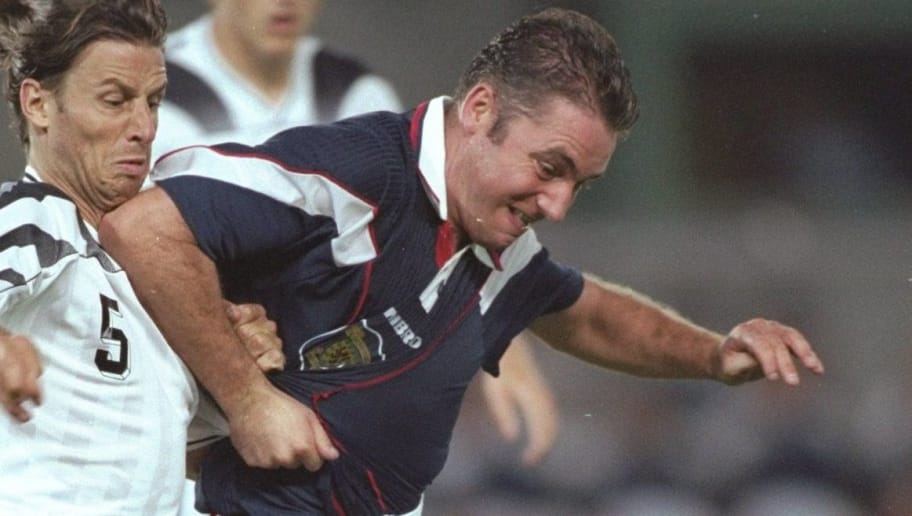
Despite being close to the end of his career, Rangers legend Ally McCoist had still scored 15 goals during the 1997/98 season, only to be left out of the final Scotland squad chosen for France 1998.
“It’s with great regret with hindsight that I made that decision. It rankles with me,” then manage Craig brown told BBC Scotland just this month.
“I spoke at a dinner last week and [McCoist] was there. I publicly apologised because I felt I’d done the wrong thing. He knows it and I know it. I’ve got to accept it and live with it I’m afraid.”
8. Samir Nasri – France (2014)

Having played an important role as Manchester City secured the 2013/14 Premier League title, scoring over 100 goals as a team in the process, Samir Nasri had every reason to feel aggrieved over his omission from France’s World Cup squad at the end of that season.
He was clean of the 2010 French farce during which a mutinous squad crashed out at the first hurdle, but a ‘foul-mouthed’ tirade towards a reporter at Euro 2012 perhaps counted against him amid competition from up and coming stars like Paul Pogba and Antoine Griezmann.
Nasri retired from international football a few months later at the age of 27.
7. Jerzy Dudek – Poland (2006)
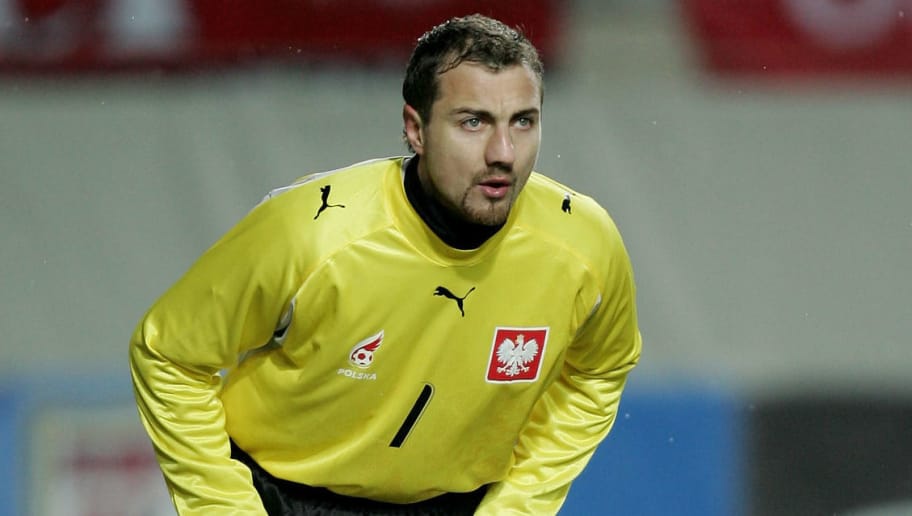
Just 12 months on from his heroics in the 2005 Champions League final for Liverpool, goalkeeper Jerzy Dudek was left out of Poland’s World Cup squad for the tournament in Germany, much to the surprise of the Polish public and media.
Dudek had lost his starting place at Liverpool to Spanish import Pepe Reina, but he had eight years of international experience under his belt that might have been useful to a Poland squad that went on to exit the competition at the group stage.
Artur Boruc, Tomasz Kuszczak and Lukasz Fabianski were given the nod instead.
6. Andrew Cole – England (1998 & 2002)
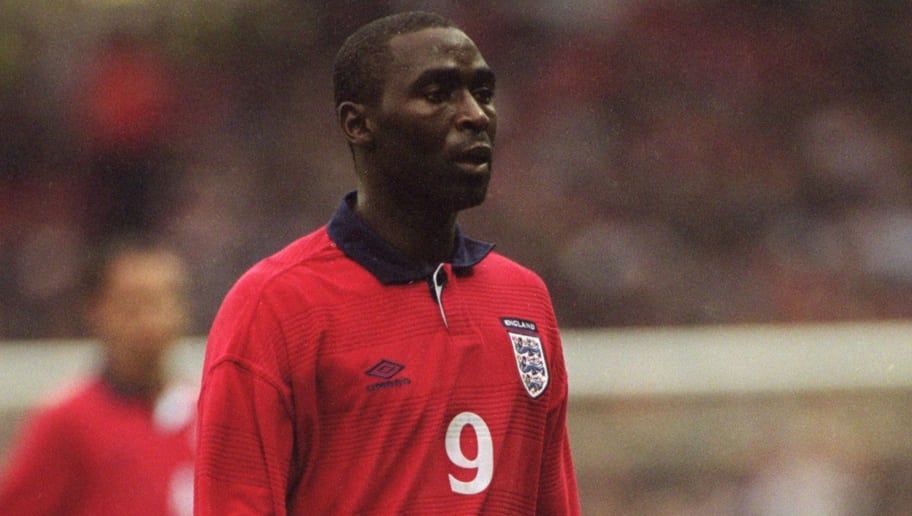
Recalling snubs for the England World Cup squad in both 1998 and 2002, despite strong goalscoring seasons at club level before each tournament, Andrew Cole spoke of his lasting regret in a 2010 column for The Independent.
“The first time I was close but missed out was in 1998, when I wasn’t picked by Glenn Hoddle, a manager who, in my view, let personal animosity between us influence a footballing decision,” he said.
“The second time I missed out was in 2002, causing the biggest single regret of my professional life. I had left Manchester United for Blackburn in late 2001 with the specific and sole aim of earning a place in England’s 2002 World Cup squad, and then it didn’t happen; I’m still not certain why.”
Cole explained that England manager Sven Goran Eriksson had personally phoned him in early 2002 assuring the striker he would be in the squad for the World Cup, but the call up never came.
5. Francesco Totti – Italy (2010)
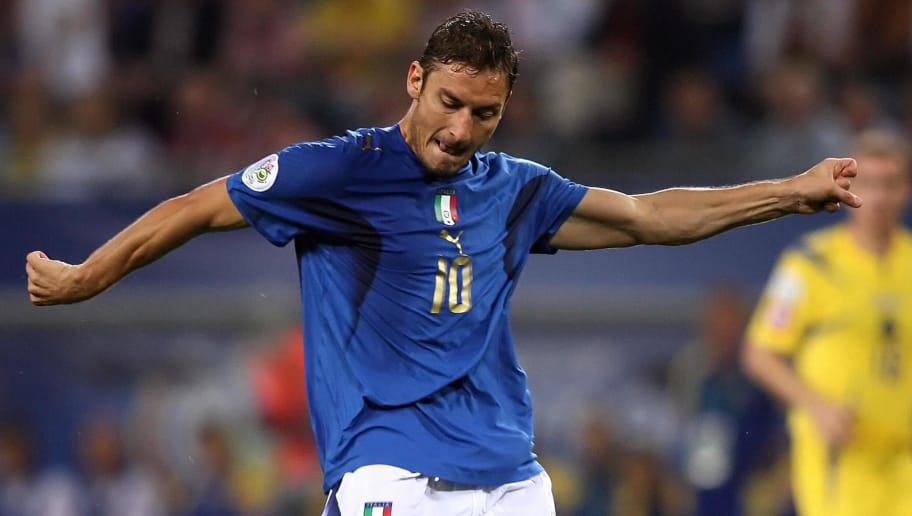
Despite formally retiring from international football in 2007, a year after Italy’s World Cup win, Francesco Totti quickly expressed interest in returning to the fold for the Azzurri ahead of the 2010 tournament in South Africa.
At the age of 33, he was in top form and had scored 25 goals for Roma in all competitions during the 2009/10 season, proving to be the second most prolific campaign of his entire career.
But World Cup winning coach Marcello Lippi, who had returned to the national team after a two-year break, resisted making the call and omitted Totti from the final squad. Italy subsequently lacked creativity and crashed out at the group stage.
4. Kazuyoshi Miura – Japan (1998)
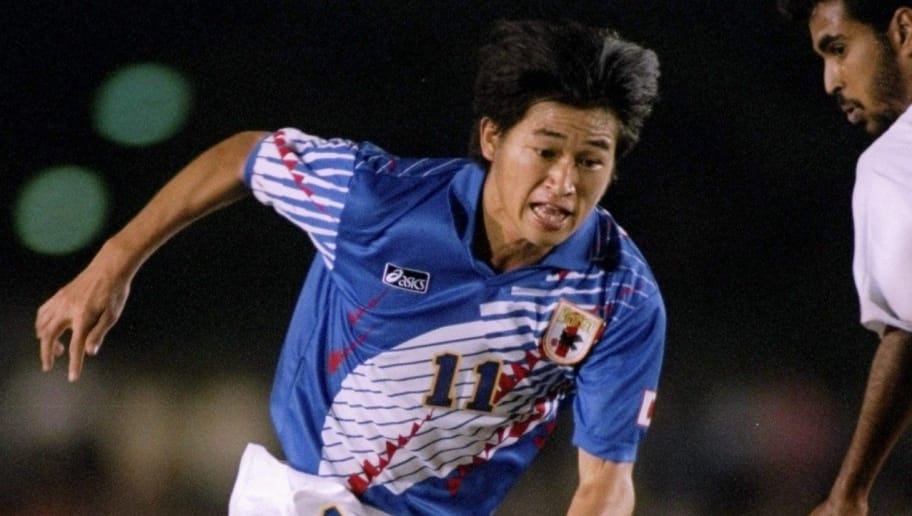
These days, Japanese forward Kazuyoshi Miura, otherwise known as ‘King Kazu’, is famed for being the oldest active professional player in world football and is still turning out and scoring for Yokohama FC at the age of 51.
Back in the 1990s, Miura was a star of Japanese and Asian football and was on fire at international level. He scored 18 goals in 19 appearances for Japan in 1997 alone, netting in World Cup qualifiers to help Japan make it onto the global stage for the first time.
So it came as a huge shock when King Kazu was snubbed by Japan coach Takeshi Okada, who claimed that he was unable to think of a way to use the player, even as a substitute.
3. Ronaldinho – Brazil (2010)
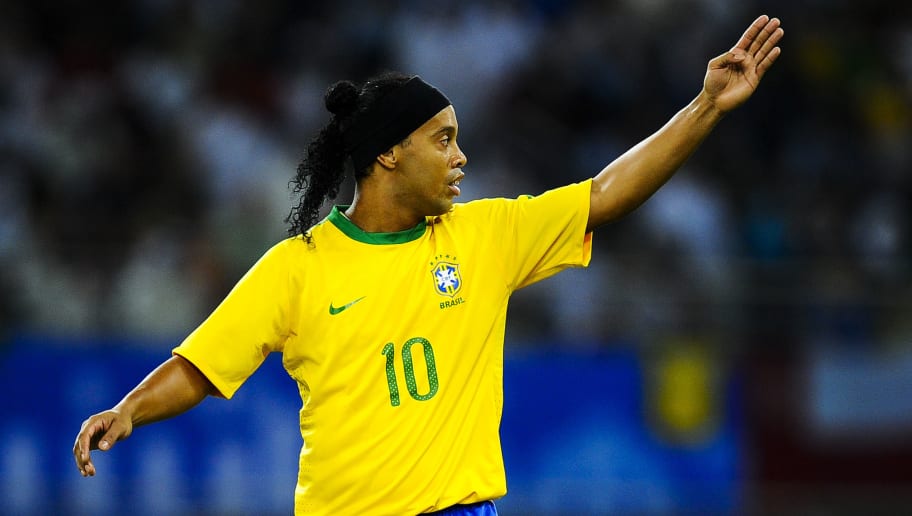
From being a World Cup winner as a rising star in 2002, to entering the 2006 tournament as the bes player on the planet, Ronaldinho was absent from the 2010 competition in South Africa after being overlooked for selection by Brazil coach Dunga.
He was arguably on the decline, but the 2009/10 season with AC Milan had been Ronaldinho’s best in terms of goals since his penultimate season with Barcelona in 2006/07.
Dunga also resisted the temptation to include a teenage Neymar, while leaving out a veteran Ronaldo as well. Instead, he placed his faith in the likes of Kaka, Robinho, Luis Fabiano, Elano, Nilmar and Grafite for creativity and goals.
2. Paul Gascoigne – England (1998)
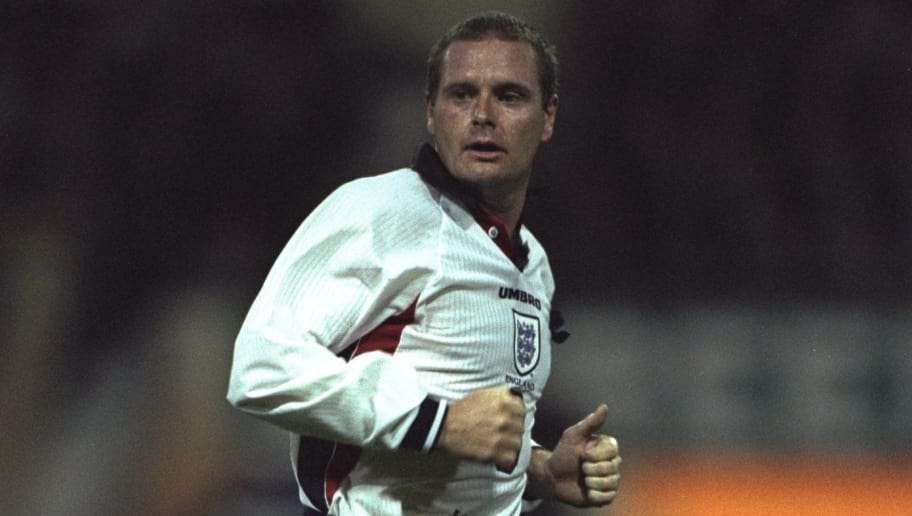
England’s tragic hero of 1990, Paul Gascoigne was a whisker away from putting his country into the final of Euro ’96 on home soil and played a significant role in helping the Three Lions reach the 1998 World Cup in France top of their qualifying group.
Leaving Rangers, the 30-year-old midfielder had dropped into England’s second tier with Middlesbrough less than three months before the World Cup was due to begin, but helped his new club earn promotion to the Premier League.
His exclusion by manager Glenn Hoddle was a big surprise at the time, but a troubled Gascoigne himself admitted in 2010, “I had a situation with my ex-wife so credit to Hoddle. Even though I had my rows with him, he probably made the right decision.”
1. Romario – Brazil (1998 & 2002)
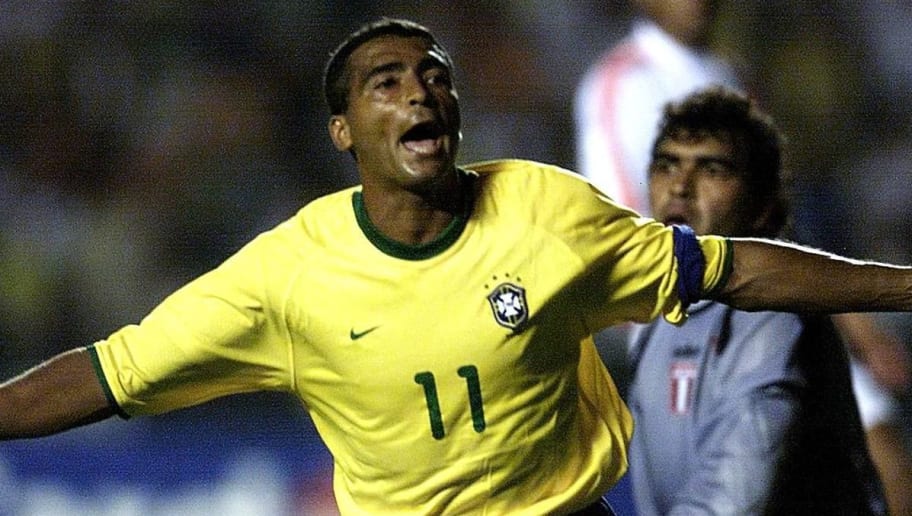
Romario’s five goals powered Brazil to World Cup in 1994 and the diminutive forward was one of the most dangerous and natural goalscorers on the planet during the decade.
But failure to suitably overcome an injury prior to the tournament counted against him in 1998 as Brazil again went to the final, only to lose to France following the ‘will he/won’t he’ circus surrounding Ronaldo ahead of the showdown against the hosts.
Romario was 36 by the time of the 2002 World Cup and had still been scoring freely at club level for Vasco da Gama and Fluminense back home, but disciplinary problems and concerns from other players is thought to have been behind his omission by Luiz Felipe Scolari.
